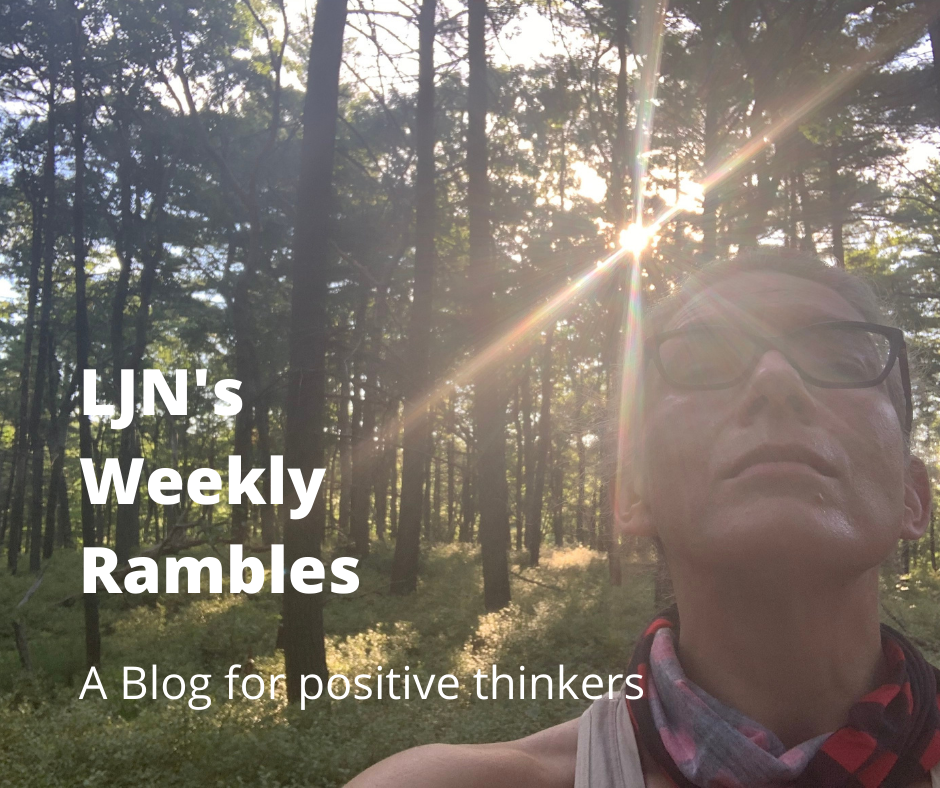A change is more than just a rest
First off, I need to make a correction from the video above. I misquoted Charles Duhigg when I said that 99% of everything we do is a habit. The actual percentage, based on a 2006 Duke University study, is 40%. This is still an extraordinary amount of our daily actions I think! Duhigg’s book, ‘The Power of Habit’, explores how we form and change behaviors. As a transitions specialist, this seemed like a book I should read. His exploration of how to change habits intersects with William Bridges’ work around making sense of life’s changes, a grounding methodology for my work as a coach and consultant. Here’s Duhigg:
Habits are not destiny, they can be ignored, changed or replaced. But the reason the discovery of the habit loop (cue, routine, reward) is so important is because it reveals a basic truth. When a habit emerges, the brain stops fully participating in decision making. It stops working so hard, or diverts focus to other tasks. So unless you deliberately fight a habit – unless you find a new routine – the pattern will unfold automatically.
During COVID, we have quickly developed new routines that allow us to do our jobs at home, get groceries without leaving the house, educate our children without sending them to school, and the list goes on. I’ve talked a lot in previous posts about how COVID is an opportunity to leverage; an unexpected window of time to take a hard look at our lives, and perhaps make changes we would not have considered pre-COVID. There is this internal struggle between battening down the hatches (reinforcing well-established routines, and securing new ones) to make us feel safe, and the desire to make courageous decisions about what we need and want that could fundamentally alter the direction of our lives. Bridges and Duhigg suggest that in order to break up the cue systems that reinforce our current roles and behaviors, we need to remove ourselves from the familiar. It’s the same concept as meditation, or participating in a retreat. Here’s Bridges:
Christ makes a 40 day journey, young initiates are removed from the family and taken to the forest, Oedipus leaves home to avoid a fate that, as it turns out, he meets along the way. We no longer have oracles or visions, no-one rings a bell one morning and says ‘your time has come.’ But all the same, we do find ourselves periodically being disengaged either willingly or unwillingly from activities, the relationships, the settings, and the roles that have been important to us. What if these losses are symbolic that a time of personal transition is beginning?
Duhigg’s work on ‘habits’ focuses on change on the micro level, while Bridges’ work on ‘transitions’ is more macro, but the premise of the conditions under which the change can occur is the same; remove yourself from the familiar. Considering the restrictions put on our lives due to COVID, how can we change something as small as a habit, or as significant as say, a career change? My suggestion is to start small. Just get a change of scenery.
Drive to a random town you’ve always wanted visit and pick up a coffee.
Walk around the streets with no real agenda.
If possible, do it in solitude.
No earbuds.
Mute the phone.
Breathe.
Listen.
A change is much more than just a rest.

